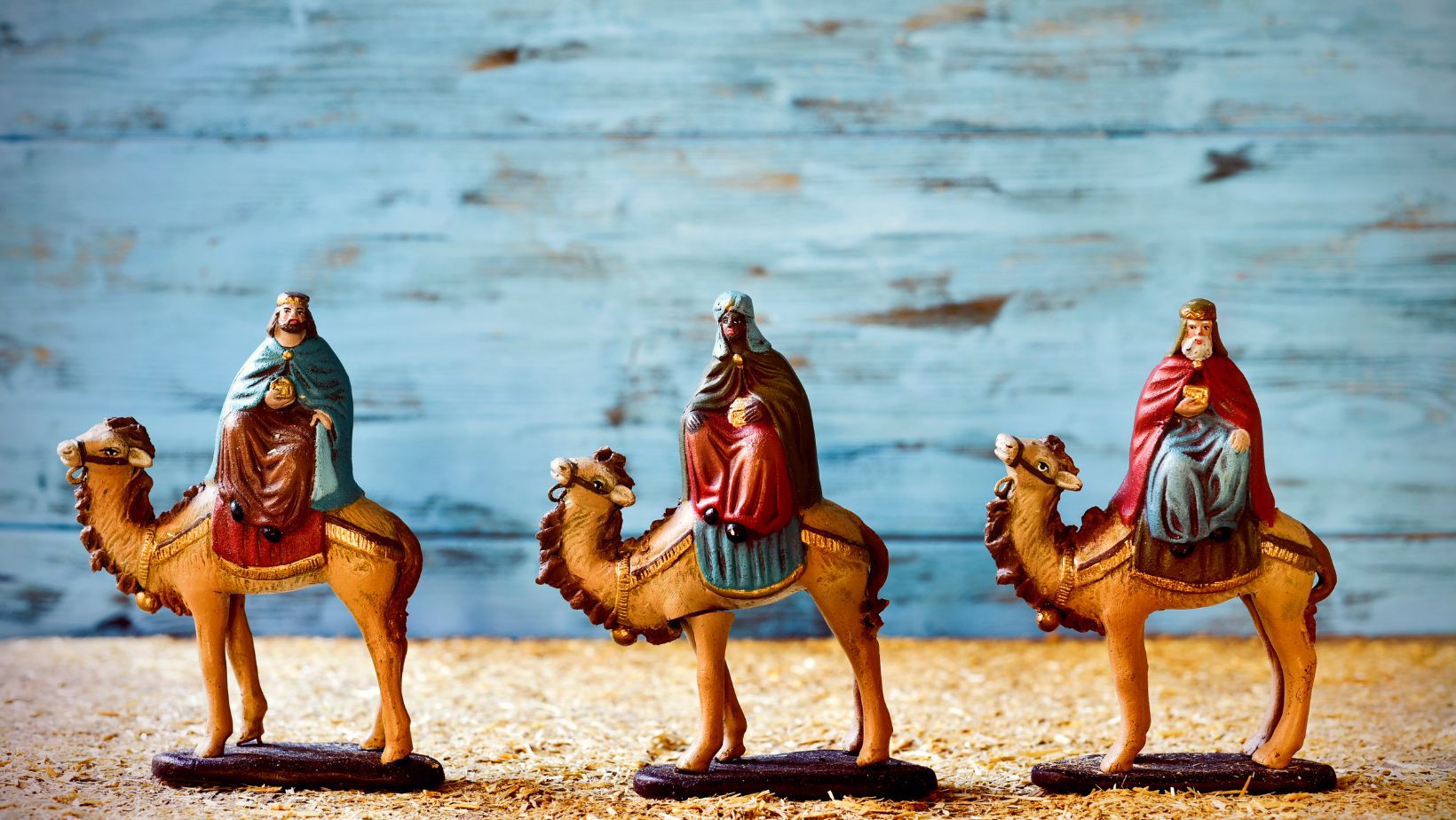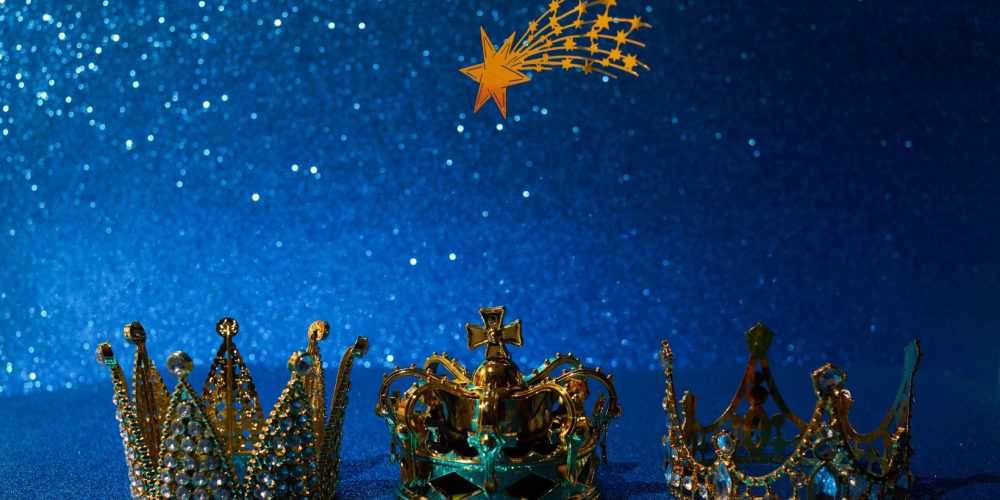Dia de los Reyes
Dia de los Reyes, also known as Three Kings’ Day, is a significant cultural and religious celebration observed in many Latin American countries. This festive holiday is typically celebrated on January 6th, which marks the arrival of the three Wise Men or Magi to honor the newborn Jesus.
One of the central traditions of Dia de los Reyes is the exchange of gifts. Similar to Christmas morning in other parts of the world, children wake up excitedly to find presents left by the Three Kings. In some cultures, it is customary for families to leave their shoes out overnight with hay or grass for the camels that carry the Wise Men. The next morning, they discover gifts and sweets in place of their shoes.
Another integral aspect of this day is enjoying a special pastry called Rosca de Reyes. This round-shaped cake symbolizes a King’s crown and often contains small figurines hidden inside. Whoever finds a figurine (usually representing baby Jesus) in their slice must host a party on February 2nd, known as Candlemas or Día de la Candelaria.
Dia de los Reyes holds great cultural significance as it brings communities together to celebrate faith, family, and joyous traditions rooted in Christian beliefs. It serves as an opportunity for people to reflect on the biblical story of the Three Wise Men while fostering unity and spreading happiness among loved ones.
Overall, Dia de los Reyes encapsulates both religious devotion and vibrant festivities that make it an enchanting celebration cherished by millions around the world.

The Origin of Dia de los Reyes
Let’s dive into the fascinating origins of Dia de los Reyes, a vibrant celebration observed in many Latin American countries. This cherished holiday, also known as Three Kings’ Day or Epiphany, holds deep historical and religious significance. Its roots can be traced back to ancient traditions and biblical stories.
- Biblical Connections: Dia de los Reyes commemorates the visit of the three wise men, or Magi, to the baby Jesus in Bethlehem. According to Christian scriptures, these wise men traveled from afar guided by a bright star that led them to the newborn King. Their arrival symbolizes the manifestation of Jesus as the Savior and his acceptance by people beyond his immediate community.
- Pre-Hispanic Influences: Before Spanish colonization, indigenous cultures in Latin America had their own winter solstice celebrations that coincided with this time of year. These festivities often involved offerings to gods associated with agriculture and fertility. When Catholicism arrived with European settlers, it merged with these native customs, giving rise to unique cultural blends like Dia de los Reyes.
- Cultural Traditions: In many countries like Mexico and Puerto Rico, families come together on January 6th to honor this special day. One central tradition involves children placing their shoes out overnight in anticipation of gifts from the Three Kings — Melchior, Caspar, and Balthazar. It is believed that if children are well-behaved throughout the year, they will wake up on Dia de los Reyes to find presents waiting for them.
- Rosca de Reyes: A highlight of this festive occasion is indulging in a delicious pastry called Rosca de Reyes (King’s Cake). Shaped like a crown or wreath, it represents a king’s regal adornment. Baked inside this sweet treat is a hidden figurine symbolizing baby Jesus or sometimes multiple figurines representing different figures from biblical narratives related to the nativity.
- Parades and Festivities: Dia de los Reyes is often celebrated with vibrant parades, street performances, and community events. In some places, locals dress up as the Three Kings and travel through neighborhoods distributing gifts to children, spreading joy and happiness throughout the day.
This rich tapestry of history, culture, and religious beliefs intertwines to make Dia de los Reyes a cherished celebration for millions of people worldwide. Embracing both ancient customs and Christian faith, this holiday serves as a reminder of unity, generosity, and the enduring power of traditions passed down through generations.





